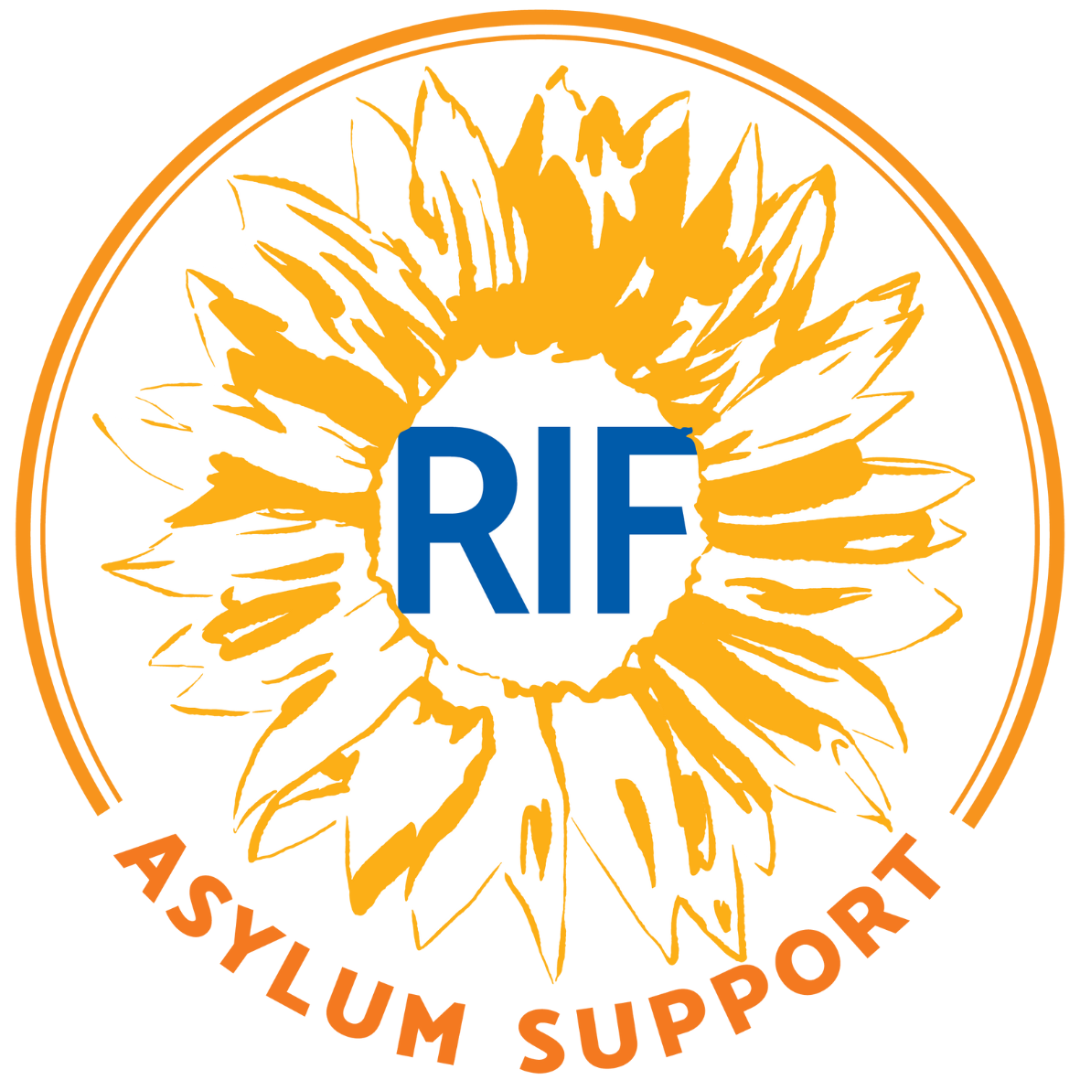A RIF member shares how waiting for his employment authorization and asylum decision has put his life on pause.
Javier is still waiting to begin his life. This is the plight of many asylum seekers who have still not received a working permit nor asylum—a frustrating waiting game that wears you down psychologically. “I am ready to work,” he says, “and the fact that I have to wait just because of a paper drives me crazy.” Adding to this anxiety, is the trauma of what he experienced before; what drove him to leave his country and go through this process. Javier ran away from Venezuela. His political activism and sexual orientation led to clashes with civilian groups who threatened his life. It was at this same time that he applied for a teaching program in North Carolina and was accepted—giving him the chance to leave. “I don't believe in coincidences,” he tells me, “I think everything has a purpose.” Teaching happens to be Javier’s vocation; he comes from a family of teachers. Back in Venezuela, he taught English; and once he arrived in the US, he taught English as a second language, and Spanish to Americans.
“My students in ten, fifteen, or twenty years are going to be the leaders of the world. So, I better get them ready. It's more than just teaching them how to say ‘Si’ and ‘Gracias’. I better influence them to be quality citizens. That has always been my teaching philosophy.”
During this time, he was still struggling with flashbacks and anxiety attacks triggered by memories of Venezuela. He was unable to talk about what happened and that made seeking asylum difficult—asylum seekers must retell and relive their trauma through memories every time they are interviewed for asylum. Once he realized that returning to Venezuela was not an option, he started going to a therapist and slowly opened-up after a year. He finally felt prepared to apply.
RIF helps asylum seekers submit their work permit applications and follow up with USCIS during the lengthy application process.
Once his teaching program ended in July of 2020, Javier came to New York and applied for asylum. Unfortunately, he was scammed upon arrival by someone who had rented him a place through Craigslist; and thus, had to rely on help from friends to get an Airbnb in the city. He tries to remain positive while waiting for his work permit. “I keep reminding myself, once you pass this point, everything is going to get better. I'm encouraging myself thinking about that. There will come a point where everything is going to be good. There will come a point where you will be able to do all you need to do. More than a want, it's a need. Because you need to work and plan your life and get a stable lifestyle. Those are things that you need more than want. And that is what takes a toll on your mind— the uncertainty of what's going to happen. Because maybe at the end of the day, whenever I have my interview and after all I've gone through, they're going to tell me, you know what? No, you don't have a case for asylum.” For someone who has fled their country, asylum is not just a lifeline, but an affirmation of belonging. A piece of paper may legitimize one’s identity as an American, but many asylum seekers have spent years in this county and already feel at home. If you ask Javier if he feels 100% Venezuelan, he will say no. “I think I have not lost my identity as a Venezuelan, [but] I learned how to love this country, too.”
A view of the UN building from the East River.
During a pandemic, waiting can be even harder. On days when he’s feeling down, Javier likes to take walks in Gantry Plaza State Park and gaze at the Manhattan skyline, focusing on the UN building. He tells me he would like to work there some day. However, waiting is not always this romantic. “I’m telling you, there's some point where you think ‘What am I doing here?’ Like, is it is it worth it to go through all this?” Being in a new city, alone, with no certainty about the next steps is something only some people can relate to. Javier frequents the RIF support group on Mondays and is thankful to have found it. “It has definitely helped overall in the darkest time where, you know, COVID, and all that. Having the chance to express yourself in a secure environment and being able to listen, being able to be heard and to hear other people that are going through the same experience that you're going through, it makes you feel that you are not alone.”
Javier’s experiences have also changed the direction he intends to follow. He wants to get involved in human rights and promote ways to humanize the immigration process. Once he can work, he’s hoping to start his life. He also has some advice for those who find themselves in the early stages of this experience. “Save money like there's no tomorrow. Because that would save you a lot of headaches. Also, it's been a long process, so work your mind to endure the long process. And the third thing is, that the worst part of this is waiting and not being certain of what's going to happen. Those are the three things I would have told myself. But once you know those things, first of all, you will make the decision if you want to do it or not. And second, if you do, you're ready. After that, there are no surprises.”




